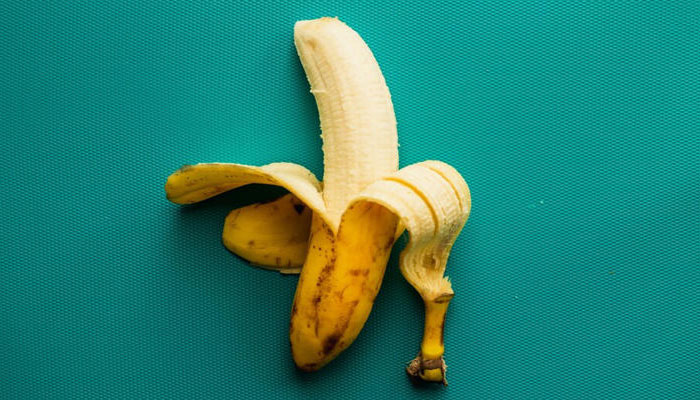Should you eat fruit skins for better health?
Our grandparents always claimed that the skin of fruit had good nutrients such as fibre, vitamins and minerals
If you are health-conscious, should you eat peels of fruits?
Have you ever wondered if it is healthy to eat the peel of your favourite fruit?
The answer is yes.
Our grandparents always claimed that the skin of fruit had good nutrients such as fibre, vitamins and minerals. Our grandparents were right about nutrients. However, there is a catch - pesticides.
The skin of fruit receives the most energy from the sun and protects the inside from harsh weather conditions. However, washing fruit does not completely remove pesticides, which enter the fruit through the pores. To enjoy the benefits of fruit peels safely, you should opt for unsprayed or organic fruit.
If you take this only condition into account, you can enjoy the peel of the following fruits.
Apple peels are anti-inflammatory, prevent high cholesterol, stimulate collagen production, and provide fibre and pectin, which prevent constipation.
Pear peels are packed with vitamin C and fibre.
Citrus fruit peels contain the vast majority of vitamin C and are also diuretic.
Grape peels contain antioxidants and substances that protect blood vessels and cardiovascular health.
Banana peels are full of potassium, magnesium, and vitamins B12 and B6 (get creative with that blender!).
Kiwi peels contain vitamins C and E (get used to that fuzzy feeling!).
Lemon peels are rich in vitamin C, B6, fibre, antioxidants, and aromas for cooking.
Pineapple peels make a healthy and therapeutic tea or fermented drink that aids digestion and reduces fluid accumulation.
-
Dakota Johnson reveals smoking habits, the leading cause of lung cancer
-
Chris, Liam Hemsworth support their father post Alzheimer’s diagnosis
-
Tom Hanks diabetes 2 management strategy laid bare
-
Catherine O’Hara becomes beacon of hope for rectal cancer patients
-
FDA sends 'refusal-to-file' to Moderna over new flu vaccine
-
Cure flu with theses two golden foods
-
Struggling with obesity? Here's how to manage it
-
Historic mental health facility closes its doors












